- Potentially Treatable Condition
- Nervous System
- Central Nervous Impairment
- HOME
- ABOUT
- RESEARCH
- INSIGHTS & HAPPENINGS
- JOIN US
- CONTACT US
-

Central Nervous System Impairment: Disorders of the Central Nervous System (CNS) are a class of neurological conditions that affect the anatomy or function of the brain, spinal cord, or both.
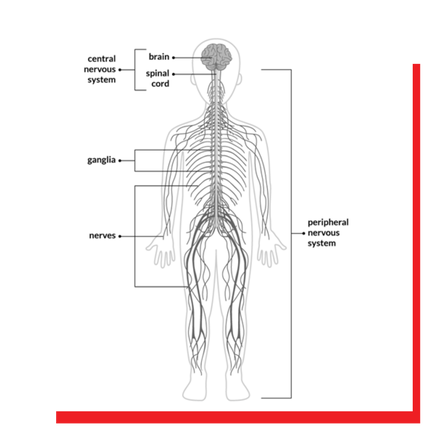
When the brain does not function properly, it can be a sign of a disorder of the Central Nervous System (CNS). These disorders can have a significant impact on both health and overall function, resulting in symptoms such as changes in movement, sensation, cognition, or mood.
A few examples of central nervous system disorders include:
The brain and spinal cord make up your Central Nervous System (CNS). Some of the causes of central nervous system impairment include:
Interventional neuroradiology treatments include:
8. Treatment of nervous system-related diseases or disorders may also include:

Scitron is a Mesenchymal Stem Cells (MSCs), derived from human umbilical cords. Upon treatment, the cultured cells are injected either intramuscularly or intravenously into the patient. The cells are characterized by low immunogenicity. Hence, it is very safe, tolerable and free of side effects.
High self-renewal
Low immunogenicity
Less invasive procedure
Anti-inflammation properties
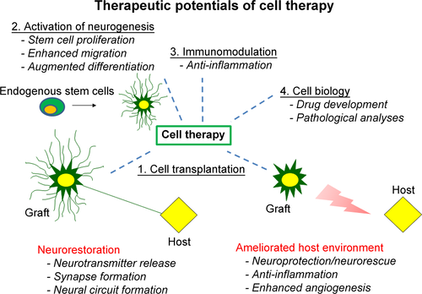
Cell transplantation is used to achieve neurorestoration, whether by cell replacement or brain circuitry repair.
Endogenous neurogenesis, as well as angiogenesis and vasculogenesis, are all activated, creating a pool of rapidly
multiplying new cells.
Immunomodulation at the local and systemic levels is a crucial component of cell therapy.
Another use of cell therapy is medication discovery and disease pathology screening using stem cell-based technologies.
If you believe that our treatment options may be able to improve your condition and enhance your quality of life, please contact us to schedule a complimentary consultation with one of our in-house clinical specialists. Our consultations are available in both Malay and English language.




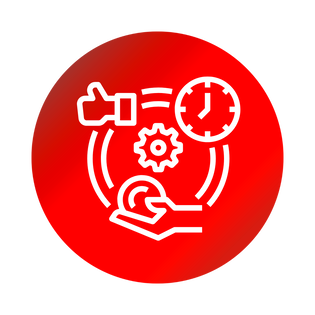
Review your medical history & recent evaluations
Explore what your treatment package might look like
Answer any questions you have about us
Answer any questions you have about the therapies
Discuss practical next steps,
if you feel we can effectively treat you
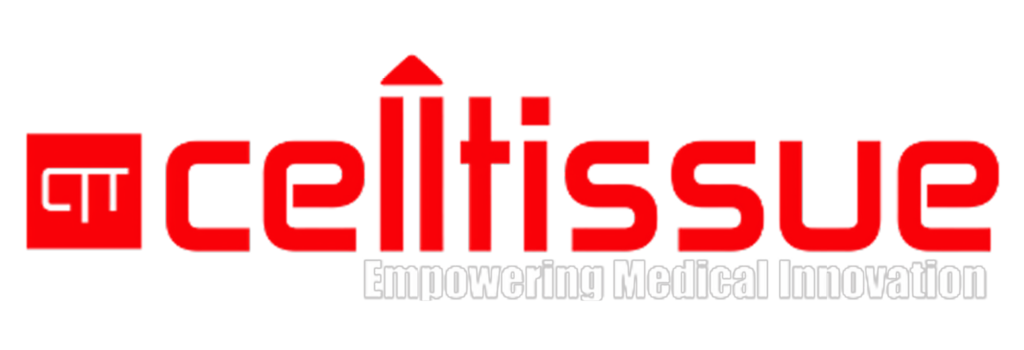
Founded in 2010, Cell Tissue Group is a pioneering Malaysian medical technology company and a spin-off from the National University of Malaysia (UKM). As Malaysia’s first Tissue Engineering firm, Cell Tissue Group operates within a certified cGMP laboratory, ensuring the highest standards of medical research and product development, particularly in Tissue Engineering and Regenerative Medicine.


Founded in 2010, Cell Tissue Group is a pioneering Malaysian medical technology company and a spin-off from the National University of Malaysia (UKM). As Malaysia’s first Tissue Engineering firm, Cell Tissue Group operates within a certified cGMP laboratory, ensuring the highest standards of medical research and product development, particularly in Tissue Engineering and Regenerative Medicine.
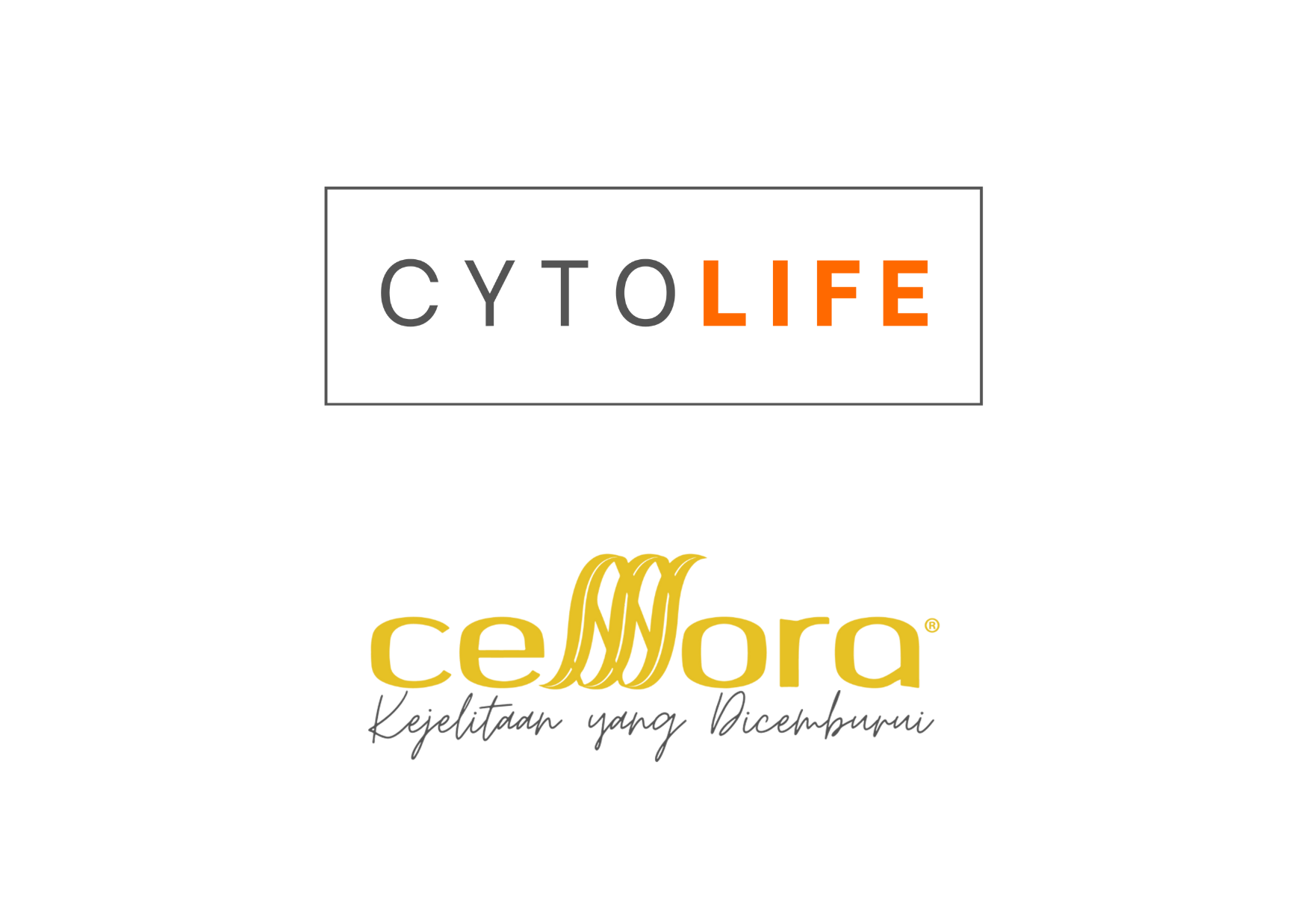

Proudly powered by CTG © 2010-2025 Cell Tissue Group, a Universiti Kebangsaan Malaysia Spin-Off Company. – All Rights Reserved.